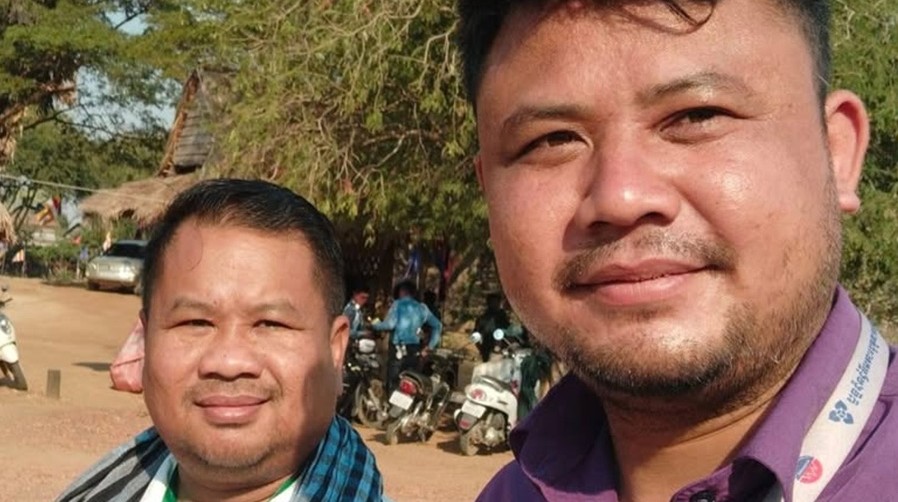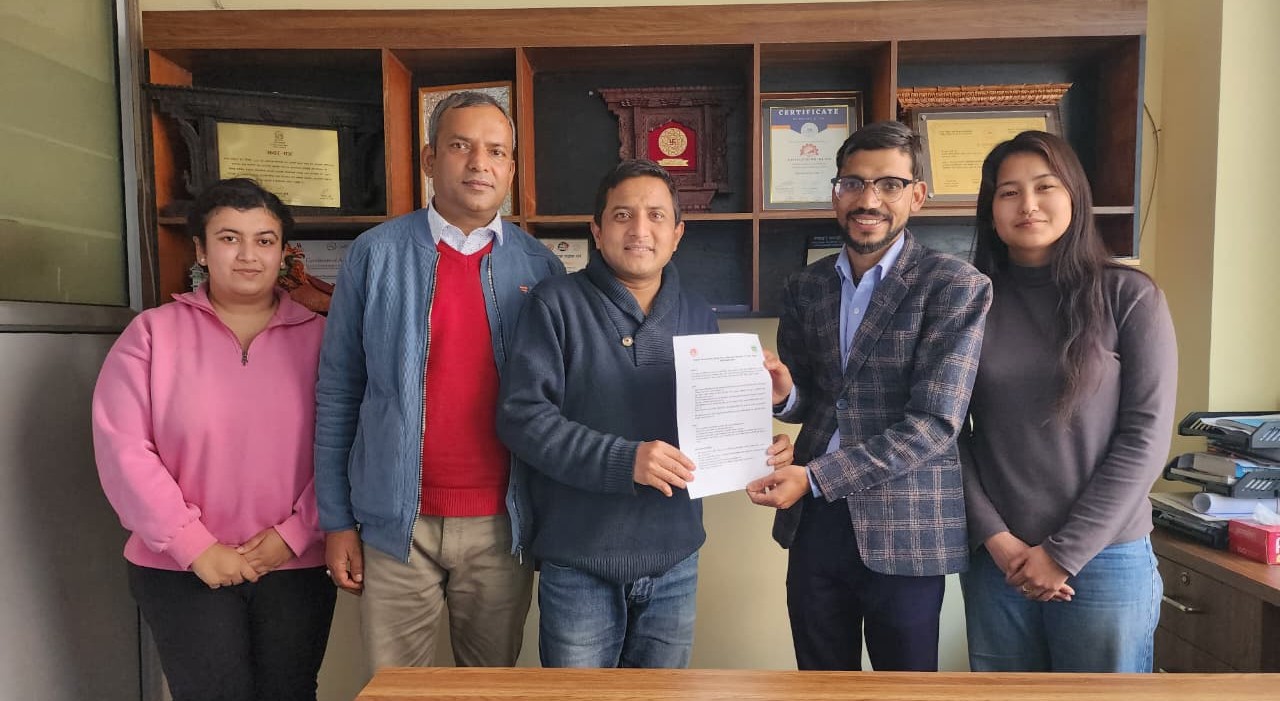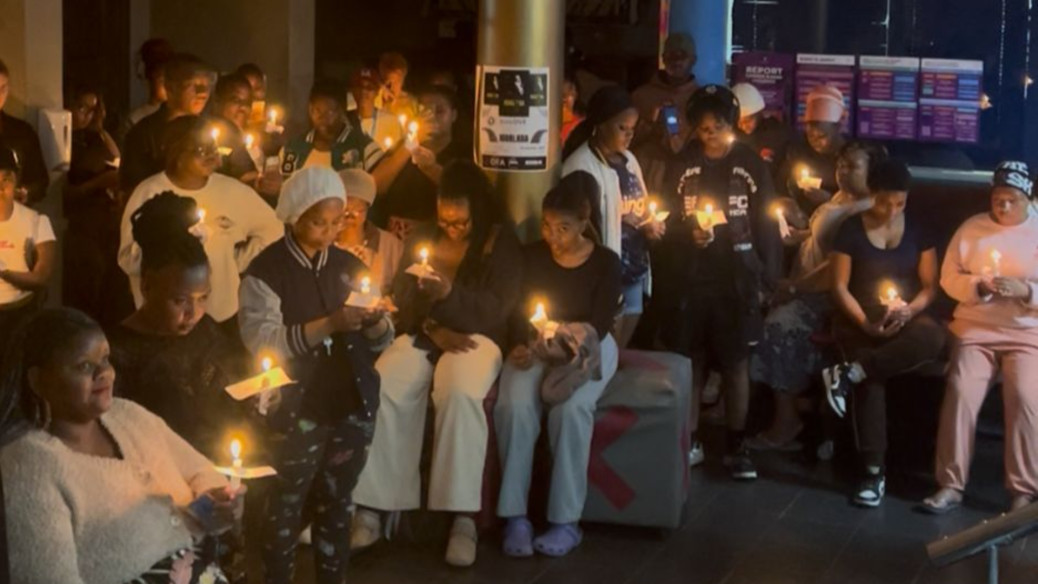
Vigil for Truth in Makhanda
October 30, 2025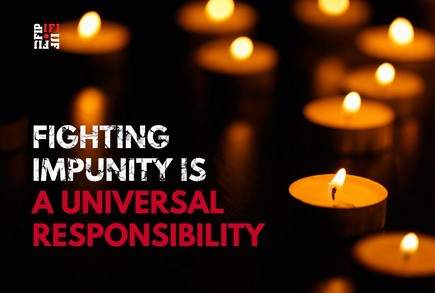
Holding Silence to Account
October 31, 2025October 30, 2025 – Philippines –
Following the powerful 6.9-magnitude earthquake that struck Cebu on September 30, 2025, local journalists who had rushed to document the disaster are now confronting a different kind of aftershock—the emotional trauma of covering widespread destruction, loss, and fear. A recent report by Rappler reveals how those tasked with informing the public during the crisis have been left grappling with their own mental scars.
In the hours after the quake, journalists from Cebu-based newsrooms and local stations were among the first to arrive at collapsed structures and makeshift evacuation centers. They witnessed injured residents, frantic rescue efforts, and communities struggling to comprehend what had just happened. Many journalists continued to work for days with little sleep or food, focusing on filing updates and keeping communication lines open. But once the adrenaline faded, several began to experience anxiety, flashbacks, and guilt—symptoms consistent with post-traumatic stress.
One reporter described returning home after covering the disaster and being unable to sleep for nights, haunted by the cries of survivors. Another said the sound of sirens now triggers panic. For many, the emotional weight of tragedy, combined with the professional demand to remain objective, has created an internal conflict they were unprepared to face. “We are trained to tell stories, not to process trauma,” one journalist reflected.
In response, local media organizations and mental health advocates in Cebu have begun creating peer support programs and trauma debriefings for reporters. Counselors have partnered with newsrooms to hold safe-space sessions, teaching journalists how to identify signs of burnout and emotional exhaustion. Editors have also started implementing rotation systems to give field reporters time to recover between high-intensity assignments.
Experts say this initiative marks a vital shift in how the Philippine media approaches disaster coverage. While journalists often work alongside first responders, their mental health has long been overlooked. Advocates argue that protecting press freedom must also mean protecting those who exercise it. As Cebu rebuilds, the journalists who documented the quake’s devastation are slowly rebuilding too—this time, from within.
Reference –
https://www.rappler.com/philippines/visayas/cebu-earthquake-trauma-journalists-find-support/


